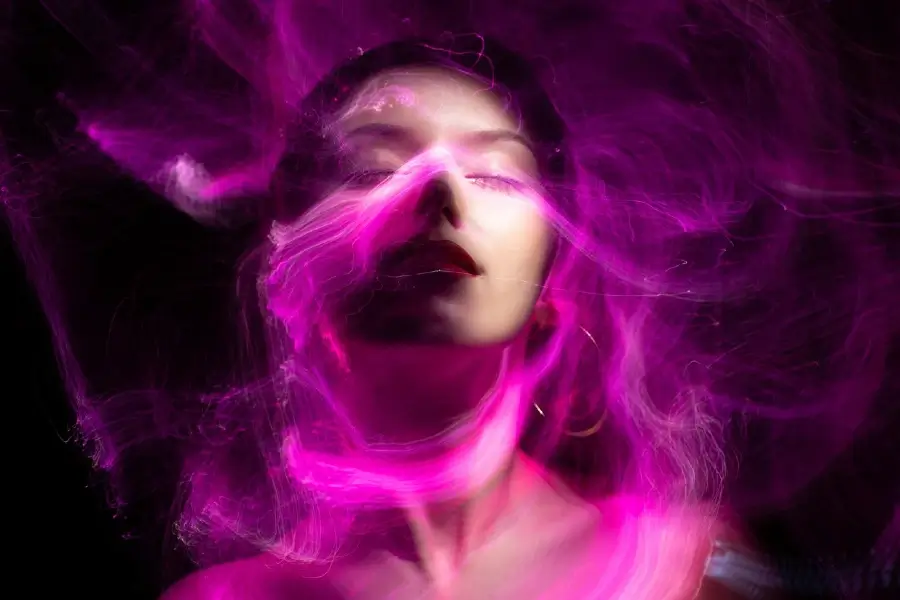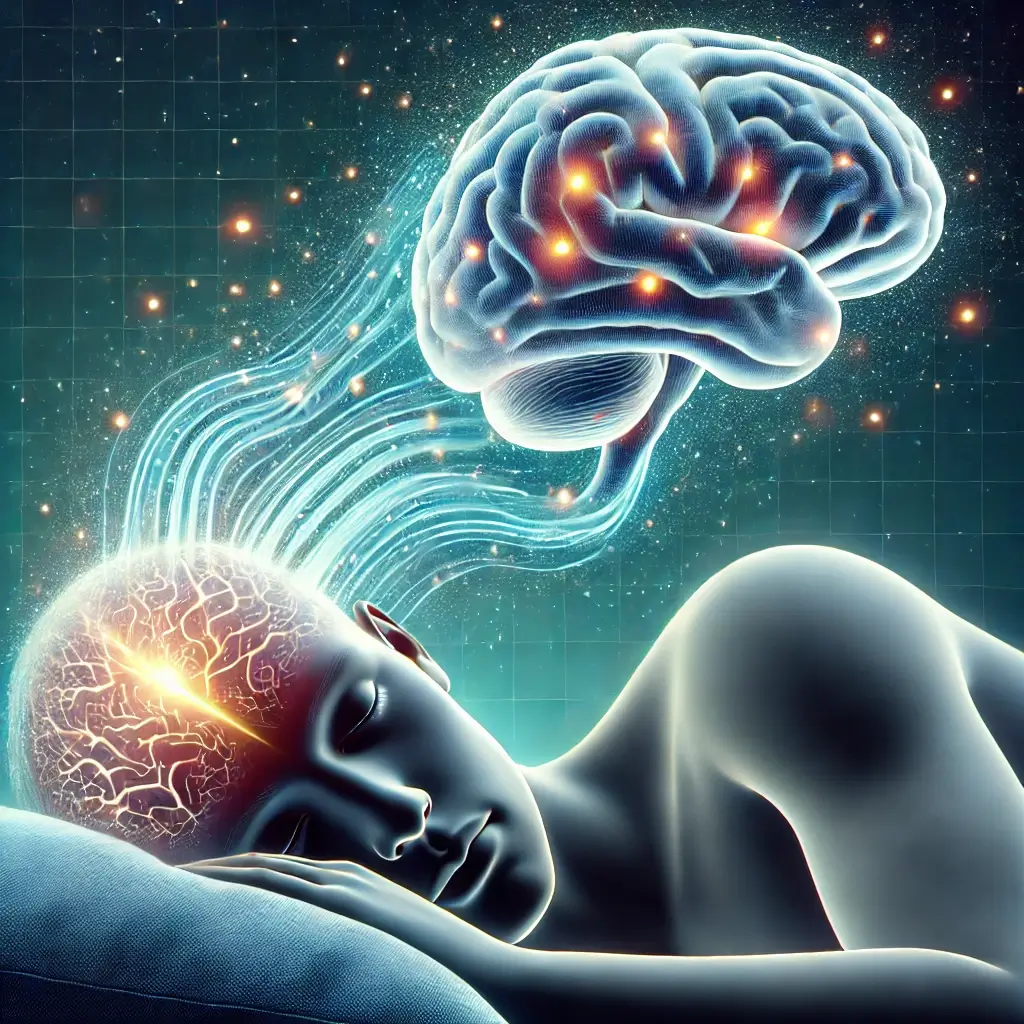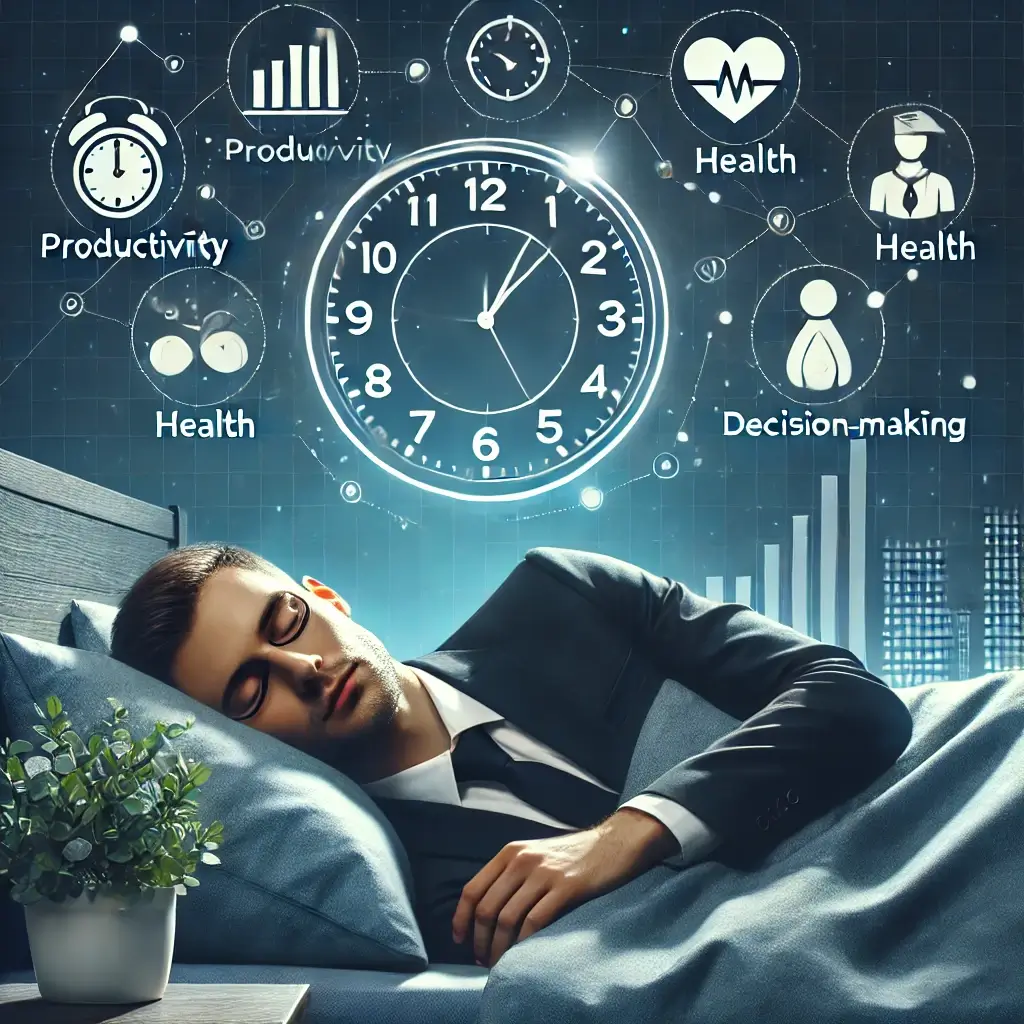Disruptive Nighttime Behaviors
Disruptive nocturnal behaviors are anomalous acts or events that occur during sleep and frequently cause disturbances to the individual or their sleep companion. They can range from mild to severe and have a major influence on sleep quality and overall well-being.
Common instances of disturbing nocturnal activity are:
Sleepwalking (somnambulism)
Sleepwalking, also known as somnambulism, is a complex behavioral disorder that develops during slow-wave sleep, also known as deep sleep or the third stage of the sleep cycle.
During this stage, the body is deeply relaxed, and the brain is less active than in other stages of sleep.
Individuals who sleepwalk may get out of bed and engage in numerous activities while remaining semi-conscious, with their eyes open. Still, their cognitive and sensory functions are severely damaged.
Sleepwalkers can accomplish a variety of tasks, including strolling around the house, turning on lights, opening doors or windows, and even more complex chores like driving a car or making a meal.
Sleepwalking is more common in children, affecting up to 15% of the pediatric population; nevertheless, it can also occur in adults, albeit less frequently. The specific cause of sleepwalking is unknown; however, it is thought to be due to a combination of genetic, physiological, and environmental factors.
While sleepwalking is not generally considered a serious disorder, it can present hazards.
Stress, inconsistent sleep habits, and certain drugs can all contribute to the occurrence of sleepwalking.
While sleepwalking is not generally considered a serious disorder, it can present hazards, particularly if the individual engages in actions that could result in injury, such as falling down stairs or leaving the house.
Individuals who sleepwalk and their loved ones should take necessary safety precautions, such as locking the home, removing potential hazards, and, in some situations, obtaining medical counsel or treatment.
Sleep terrors (night terrors) are sudden awakenings of great fear or panic.
Sleep talking is speaking while asleep, typically incoherently.
REM sleep behavior disorder (RBD) is characterized by physically acting out nightmares, such as punching, kicking, or yelling.
These actions can be frightening and disruptive and frequently happen during specific sleep stages. Suppose you or someone you know has persistent or severe disruptive nocturnal activities. In that case, seeing a healthcare expert for an examination and therapy is critical.













